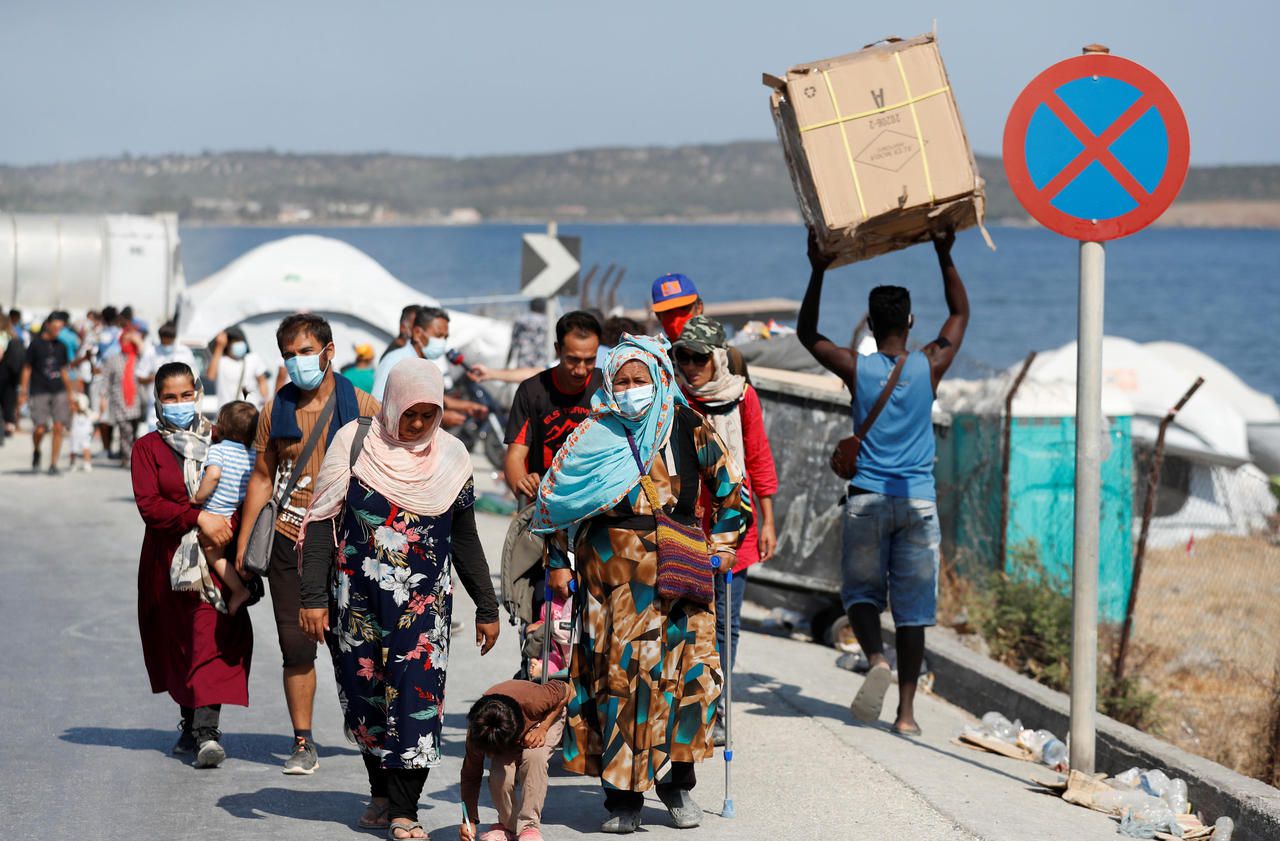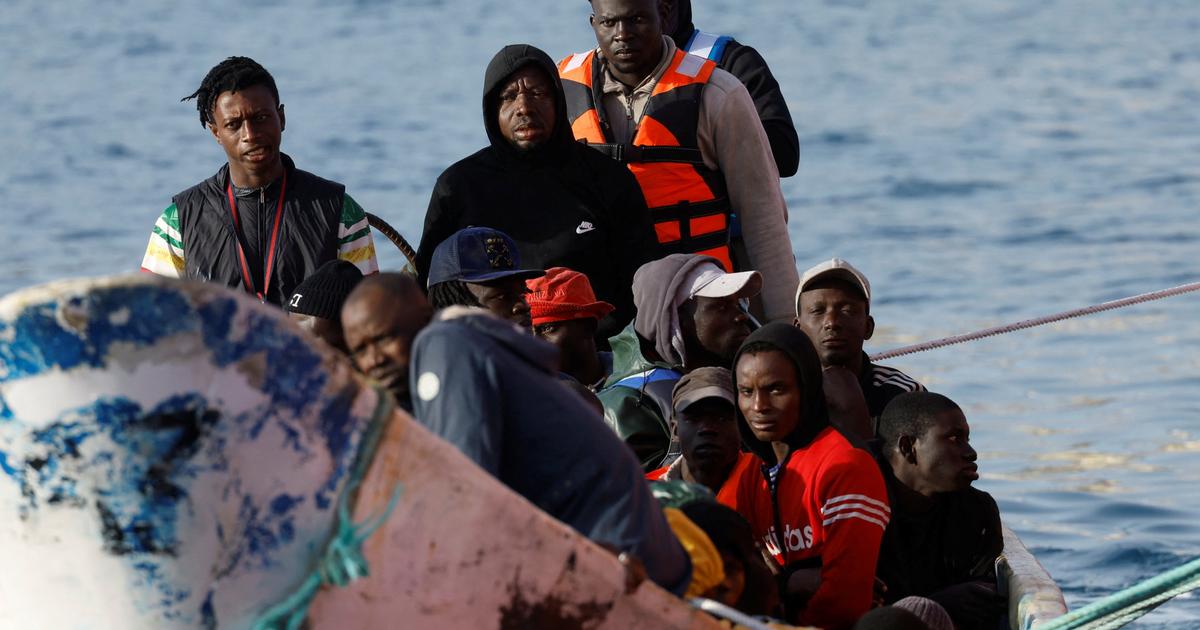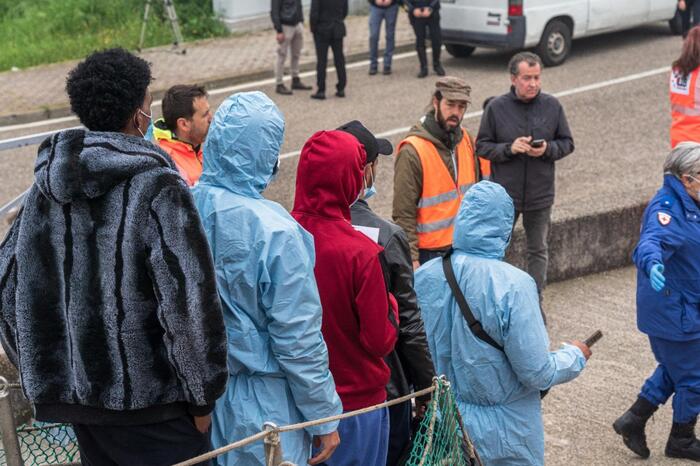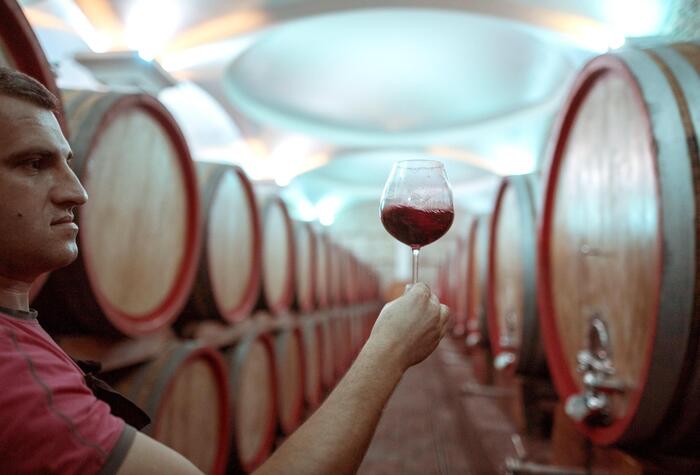The President of the European Commission is due to present a new “migration pact” for Europe on Wednesday.
Little is known about this project, which has become over the years a European sea serpent.
But the patron saint of Europe unveiled its contours on September 16: “There will be common structures for asylum and return.
And there will be "a new strong mechanism of solidarity", she revealed.
But will that be enough to convince the 27, ultras divided on these questions?
What is “Dublin III”?
It is the founding text of legal migration policy in Europe.
Under this text, an asylum application can only be examined by one European country (this text applies in all 27 countries of the European Union, to which are added Norway, Switzerland and Liechtenstein).
To determine which country is responsible for the asylum application, several criteria are therefore taken into account:
- If the applicant so wishes, the responsible State will be the one where a member of his family resides as a refugee or asylum seeker (principle of family unity)
- the State which issued the asylum seeker with a residence permit or a visa, which is still valid
- the State whose asylum seeker crossed the borders illegally (the responsibility of this State ends 12 months after the irregular crossing of its border).
- If no State can be designated as responsible for an asylum application on the basis of these criteria, it is the first country where the applicant submitted an application that must examine it.
It is this last point that often poses a problem, because countries geographically on the front line, such as Italy and Greece, are on the front line.
READ ALSO>
Green Deal, Covid and the fight against racism: Von der Leyen's battle plan for the EU
Why is it a failure?
The migration crisis that has affected Europe since 2015 has highlighted the inefficiency of this system.
The problem?
Greece and Italy find themselves alone in the face of a flood of migrants without the other states of the Union sharing the burden of reception fairly.
Migrants who arrive to join other countries of the Union try to apply for asylum in Germany or France for example, but are rejected because they are supposed to do so in their country of entry into the Union.
This situation thus creates a stock of “lost” migrants at the various borders of the Member States.
Indeed, the populations not wishing to go back, they stay where they are.
For professionals, this regulation is a real nightmare at the origin of the most visible part of the migratory crisis in France: the wild camps.
Only 17% of a total of 45,000 unsuccessful migrants in France in 2019 returned to their first host country.
Professionals call this waiting population the “dublinés”.
“Dublin creates a lawless statute.
This regulation is a source of homelessness, ”says Florent Gueguen, Director of the Federation of Solidarity Actors (FAS).
Newsletter - Most of the news
Every morning, the news seen by Le Parisien
I'm registering
Your email address is collected by Le Parisien to enable you to receive our news and commercial offers.
Find out more
The same goes for Casp, an association that takes care, among other things, of the reception of nearly 25,000 asylum seekers in Île-de-France.
“Today, 30% of the people we welcome are
dublines
.
For our social workers, supporting this population is extremely complicated and time consuming.
The result of their appeal is rarely positive, they most often risk being homeless at the end of the course, ”explains Aurélie El Hassak-Marzorati, Managing Director of Casp.
“The system says Dublin is both unfair and inequitable.
We have to stop hiding our faces, we know that we have to go through certain countries to come to Europe, ”further denounces the association manager.
The European Union has already tried several times to reform this “administrative monster”.
According to several specialists in the file, a working text called “Dublin IV” circulated in the corridors of Brussels, but it was buried in the face of internal dissension.
What to replace it with?
What to replace Dublin with?
By a solidarity-based distribution of efforts between States.
Concretely, this mechanism has been discussed for several years within the EU.
Its principle: the country's capacity to accommodate migrants depends on its demographic and economic weight.
But a major obstacle stands in the way of the transnational solidarity desired by Von der Leyen.
The members strongly disagree.
"We have not been able to move forward on a migration policy at European level since 2015" explains Ekrame Boubtane, economist specializing in migration issues at the CNRS.
The stumbling block: the deep disagreement of the countries of the "Visegrad group" (Hungary, Poland, Czech Republic, Slovakia), little inclined to unconditional reception, and which reject the very principle of solidarity.
"They welcome economic migrants in these countries, but they do not want to welcome migrants for humanitarian reasons," adds the lecturer at Clermont-Auvergne University.
“They have a murky policy, even with respect to the Geneva Convention,” she adds.
As the announcement approaches, we are therefore cautious at Amnesty.
“The first signals are not reassuring.
There must be a real break with a policy of deterrence, which gives rise to all kinds of abuse, ”critic Cécile Coudriou, president of Amnesty France.
"We must also stop the sub-treatment of the issue to countries which do not respect human rights" insists the association leader.
Moreover, on Tuesday Austrian Chancellor Sebastian Kurz threw a stone in the pond by taking a stand against any solidarity on the issue.
The distribution of asylum seekers in Europe "will not work", he said in an exclusive interview with AFP before the presentation of the Commission's project on refugees.
"It will not work that way, but by better protecting the external borders, by fighting together against the traffickers and by sending aid there," added Sebastian Kurz.
All eyes are now on the Commission, and Ursula Von der Leyen, charged, in the aftermath of the tragedy in Lesbos, to show that political Europe still exists on such a hot subject.








